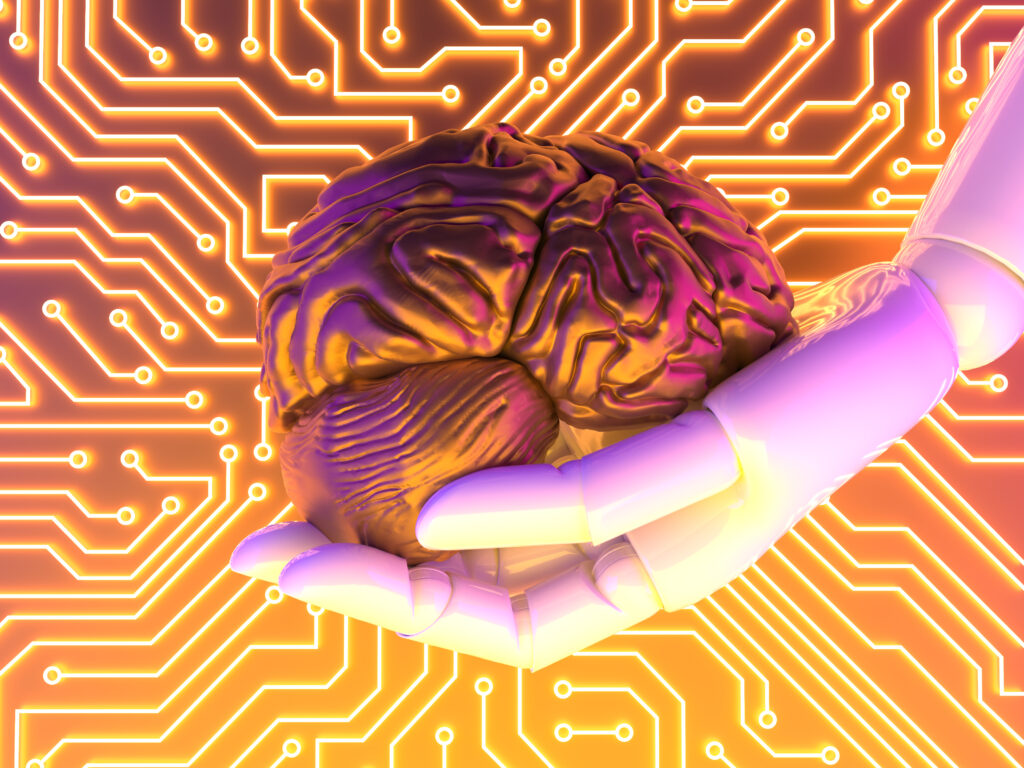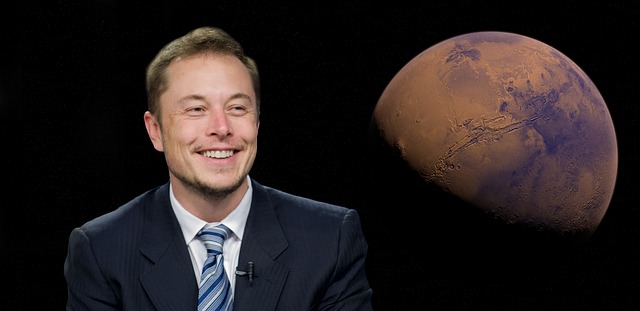
Is the day approaching when humans can manipulate computers through brain control? This debate gained momentum when entrepreneur Elon Musk announced on Monday that his company, Neuralink, had successfully implanted one of its brain chips into a person. Musk shared in an X post that there was ‘promising’ brain activity post-procedure, and the patient was ‘recovering well.’ Neuralink aims to employ this technology for treating intricate neurological conditions.
While various companies are working on promising products, few have managed to implant their devices in humans, as per experts. Yet, Vanhoestenberghe cautioned that true success would only be discernible in the long run, noting Musk’s proficiency in garnering publicity for his company. At present, there is no independent verification of Musk’s claims, and Neuralink has not disclosed procedural details. The BBC sought comments from the company and the U.S. medical regulatory body, the Food and Drug Administration (FDA).
How does Telepathy function? In another X post, Musk revealed that Neuralink’s inaugural product would be named Telepathy. Musk added, ‘The initial users will be those who have lost control of their limbs,’ referencing Stephen Hawking, the renowned British scientist grappling with severe neuromotor disease. ‘Imagine Hawking communicating faster than a typist or auctioneer. That’s the goal.’ The procedure involves implanting a small, hermetically sealed chip directly into the patient’s brain, connected to 1,024 minuscule electrodes, each thinner than a human hair, and powered by a wirelessly rechargeable battery. This establishes an interface with an external computer, enabling the sending and receiving of signals.
Is Neuralink’s purpose secure? Concerns about this technology span short-term physical risks, long-term medical implications, and ethical considerations. All brain surgeries carry inherent dangers. A December 2022 Reuters report highlighted Neuralink’s involvement in trials that resulted in around 1,500 animal deaths, including sheep, monkeys, and pigs. In July 2023, the U.S. Department of Agriculture, tasked with investigating animal welfare issues, found no violations of animal research laws in Musk’s company but is conducting an ongoing independent inquiry. FDA approval for human trials, however, implies that Musk’s company has surmounted some hurdles. The most significant apprehension centers on the enduring consequences of having such a device function within the brain—an intricate organ with many unknowns. Given the nascent nature of this industry, insufficient data on potential harm exists, but this will change with human experiments, proving pivotal for the development of similar products. Ethical quandaries are subjective, involving concerns about data protection, potential applications, and the prospect of augmenting human cognitive abilities.



